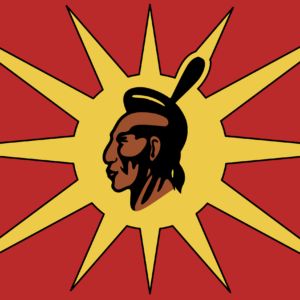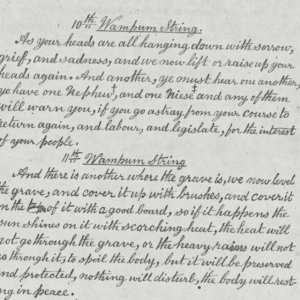
Editorial August 25, 2015
The Crusades of the 11th century were some of the most horrible times in the history of the world. We’re not sure what it is about the Holy Land but Europeans seem to have a Middle-eastern fetish. Even to this day the British are trying to invade the Levant to search for treasures under the desert sands.
Mysterious quasi-military organizations arose from those times, one being the St. John Hospitallers, which later became the Knights of Malta. If we do some etymology research on the word Hospital some very confusing definitions can be found. Check the meaning of its Latin root word:
hospes m (genitive hospitis); third declension
It doesn’t take a Master’s degree to see that Host and guest are two very different things. Actually host and a guest are totally opposite things aren’t they? The generally accepted version of history says the St. Johns Hospitallers tended to injured pilgrims who were returning from the Crusades but what if the chivalric order had multiple purposes?
This charitable brotherhood waged a war as strangers in a foreign land under the guise of divine providence – sounds a lot like the doctrine of discovery. There is a legend that the Crusaders found an ancient map in Solomon’s caverns that revealed a mass of land far across the Atlantic Ocean. This land could only be found if sailors followed a special star – a star called Merica. Or so they say, this part is total conjecture.
At any rate, if we fast forward a millennium you will find the settler people of Canada are starting to get really comfy in North America. Our guests are getting angry when more “immigrants” arrive because after 4 or 5 generations they are starting to feel like hosts.
We could call these the Hospes of Canada who consider themselves hosts but are also guests and visitors. The Latin roots of English becomes very insightful in this regard. These strangers and foreigners have conveniently forgotten their origins. True hospitallers in every sense of the word.
This fact is in direct contrast with the original Onkwehonwe and Anishnabek people of this continent. They are true hosts of this Holy Land called North America. Sticking with our etymological theme we can trace the roots of indigenous peoples through studying the diversity of their languages.
Linguistic experts have noted that indigenous languages such as that spoken by the Six Nations people have evolved over many millennia from a common root tongue. Some estimates say that it would take at least 30,000 years for a distinct language to diverge as drastically as these.
This backs up other scientific findings by genetic specialists investigating the Mitochondrial (Maternal) DNA sequences of indigenous peoples. Researchers have broken up the original people of this land into 5 major distinctions known in the scientific community as Haplo-groups. The first four groups known as A, B, C and D show predictable patterns of ancient migrations as expected but Haplogroup X remains a mystery.
It’s so unexplainable because Haplogroup X does not share any common DNA with eastern Asian or Polynesian people groups like the geneticists expected. Scientists are completely baffled. Haplogroup X seems most closely related to the Druze of Palestine, Jordan, Syria and Lebanon. People of the other Holy Land.
As a side note a touch of Haplogroup X mtDNA also shows up in the Orkney Islands of Scotland. Regardless of who originated where scientists agree that these haplogroups would take 20,000 to 36,000 years to morph into their current form.
So where are we going with all of this? Well, it would seem that history is repeating itself. It seems like the British have two Crusades happening simultaneously, one in the middle-east and one in North America. Could these be signs of a thousand year war against Haplogroup X?
This super complicated history lesson explains the terrible treatment that indigenous people get in Canadian hospitals. In Winnipeg, Brian Sinclair died in his wheelchair while a guard watched in a moment of unadulterated hatred and racism. He was in the waiting room for 34 agonizing hours without treatment. Think about that for a minute.
Most native people have experienced some form of discrimination when entering into the medical institutions of Canada and the burden of reconciliation is upon these systems to make changes in policy and in attitude. When did our guests become so hostile? For too long indigenous people have been wondering why Canadian hospitals have been so inhospitable.
Maybe we are still living in the times of the Crusades. The first hospital was built for pilgrims sent to pillage the Holy Land for greater glory but we the indigenous people have always been the ones to be plundered.






